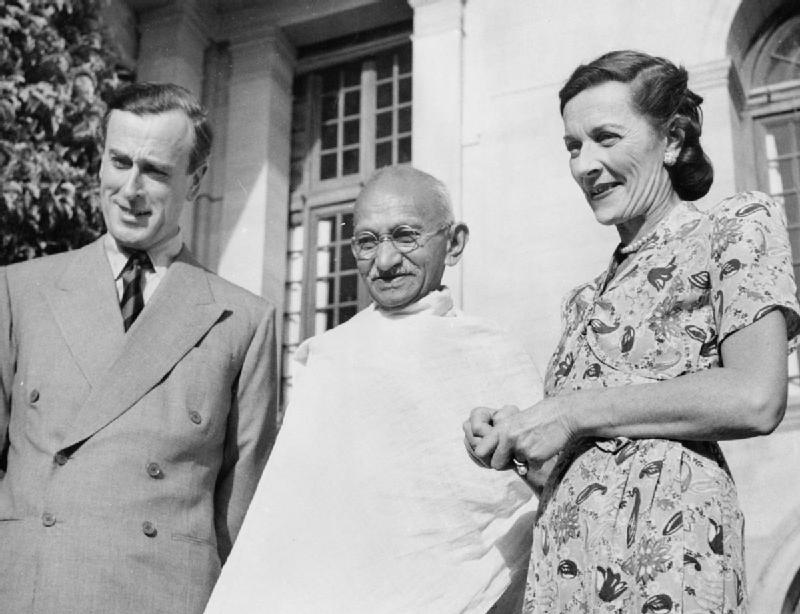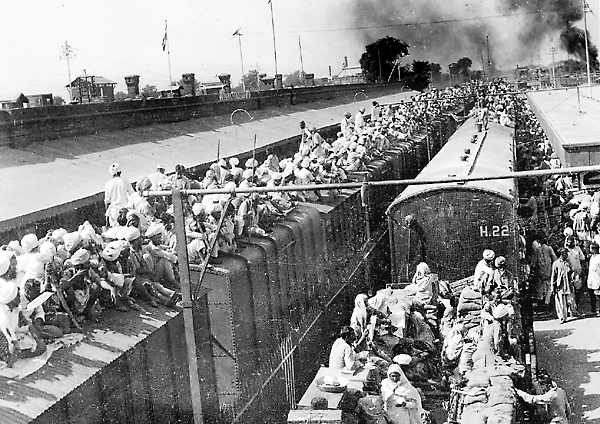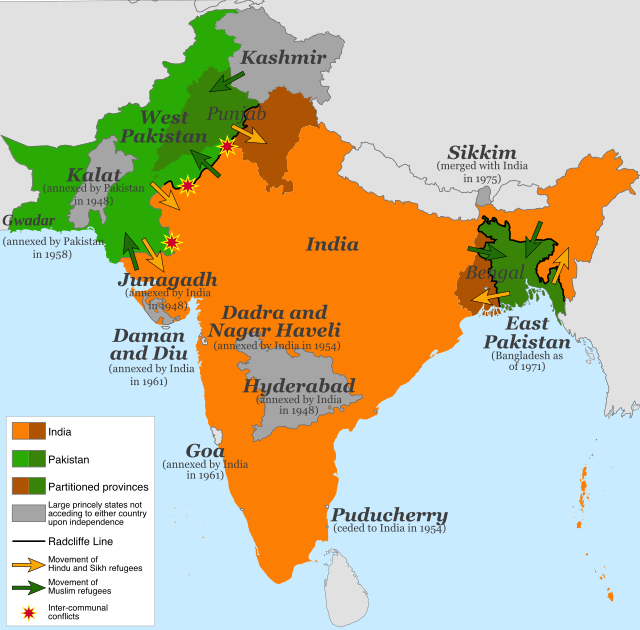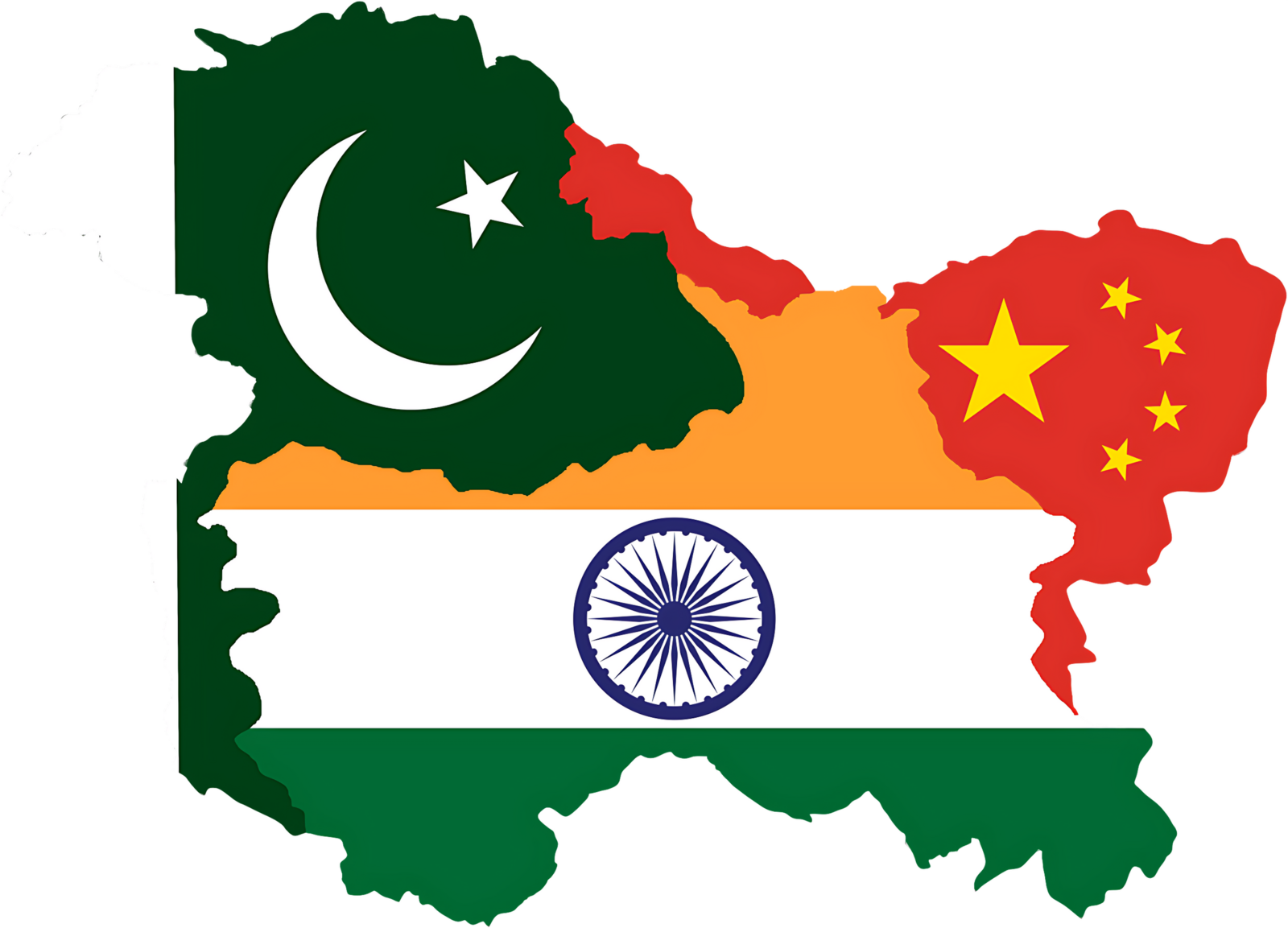What English media should learn after Shoaib Bashir’s India visit
The eyes of all cricket fans right now are on the action in the Indian Premier League (IPL) – the most watched cricket league globally – as the crème de la crème of the world’s cricketers compete over the next two months to lay claim to the IPL trophy.
India has opened its doors to cricketers from nations far and wide, including but not limited to England, Australia and New Zealand. But, there is one anomaly as India’s immediate western neighbours, Pakistan, aren’t allowed to send players for the T20 league.
IPL trophy on display at MA Chidambaram Stadium in Chennai, India
Tensions between the two nations have been ever present since the withdrawal of British troops in 1947 from South Asia.
And this tense atmosphere has also permeated the sporting arena at times – the two countries have not played a bilateral cricket series for more than a decade.
The latest episode in this South Asian rivalry, though, didn’t originate within the Indian subcontinent. Instead it began – more than 7,000 kilometres away – in England, with the inclusion of Shoaib Bashir in England’s Test cricket squad for a tour of India in January-March 2024.
English media’s onslaught against India
Bashir, 20 years old, was born in Surrey, has Pakistani heritage, and made his Test debut for England against India in the second Test match in Visakhapatnam.
He had to miss the first Test match in Hyderabad due to ‘visa issues’ he experienced, which had him head back to London from a training camp in the UAE to get his visa approval from the Indian High Commission.
Shoaib Bashir at the HPCA Stadium in Dharamshala, India
Ben Stokes, captain of the English team, contemplated about refusing to board the flight to India from their training camp in Abu Dhabi.
But when all was said and done, the series began on schedule in Hyderabad on January 25th, with Bashir arriving in India on the weekend of 27th and 28th January.
The English media tore into India for not granting a visa to Bashir early enough for him to join his teammates in Hyderabad.
The Telegraph called on England to not play the first Test match, while The Daily Mail launched a scathing rhetoric against India’s government.
Moeen Ali and Usman Khawaja – both of Pakistani descent – have also faced some hiccups when coming to India for cricket tours. But rather than decrying Indian authorities, I think one should assess the situation in realistic and more holistic terms.
I feel that isolating an incident such as Bashir’s and then lambasting India and its government is a half-baked way of looking at things. It needs a detailed understanding of the geopolitical scenario of South Asia.
Realistically analysing the geopolitics at play
India and Pakistan have had a fraught relationship ever since colonial forces left the Indian subcontinent in 1947.
The nations have fought four wars since becoming independent, and are constantly at diplomatic loggerheads about the Kashmir region.
The subcontinent was divided along religious and communal lines by Cyril Radcliffe as part of Mountbatten’s plan for the transfer of power in the wake of British troops’ departure.

Louis Mountbatten (left) with Mahatma Gandhi (centre) and Edwina Mountbatten (Image source: Wikimedia Commons)
What unfolded was the largest forced migration in the history of humankind as Hindus and Sikhs who found themselves in Muslim-majority Pakistan migrated to India, while Muslims packed up and left Hindu-majority India.
Around 20 million people were displaced and millions lost their lives to sectarian violence, especially in Punjab.

Refugees scrambling to get on a train to ensure safe passage, circa 1947 (Image source: Wikimedia Commons)
The foundation of the communal divide was laid down by the British colonial authorities who used the census exercise to study the population’s dynamics, and then pit Muslims against Hindus and Sikhs over the course of almost a century before the Partition of India.
The effects of the British divide-and-rule policy are felt to this day in South Asia, and it is no wonder that both nations generally don’t grant visas to citizens of the other country.

The Indian subcontinent was in a state of civil war when British troops left in August 1947 (Image source: Wikimedia commons)

Kashmir region’s present-day scenario (Image source: Wikimedia Commons)
It must be noted that Pakistani players were part of the inaugural IPL season, until diplomatic ties took a nosedive in the aftermath of the 26/11 terror attack on Mumbai by a Pakistan-based terrorist outfit in November 2008.
Thus, keeping in mind the unique geopolitics of South Asia, India’s visa authorities do ask if one has Pakistani heritage or not when a person applies for a visa, and Bashir having Pakistani heritage doesn’t help his cause.
I feel that English media outlets, rather than launching an invective against India, should actually be criticising their country’s imperial policy in the 19th and 20th centuries – which is ultimately responsible for the animosity between India and Pakistan.
Media outlets in England need some introspection before lambasting India
Criticising India for its visa policy when it comes to Pakistani-origin people isn’t entirely fair, as it fails to take into account the history of the region and the forces – both political and social – that shaped it.
When one talks of India’s immigration policy, one also needs to look at how Indian officials promptly granted an emergency visa to Bashir’s teammate Rehan Ahmed – also of Pakistani heritage – when he reused a single-entry visa to enter India a second time after a sojourn in Abu Dhabi in mid-February.
Rehan Ahmed bowls in Rajkot, Gujarat, India
In my opinion, English media should engage in a more nuanced understanding of the political landscape of the Indian subcontinent.
And rather than laying the blame on India, introspect and reflect how British colonial overtures fractured the fabric of South Asia beyond repair.
But then again, it’s easier to castigate India than understand one’s own country’s role in the shaping of present-day geopolitics.